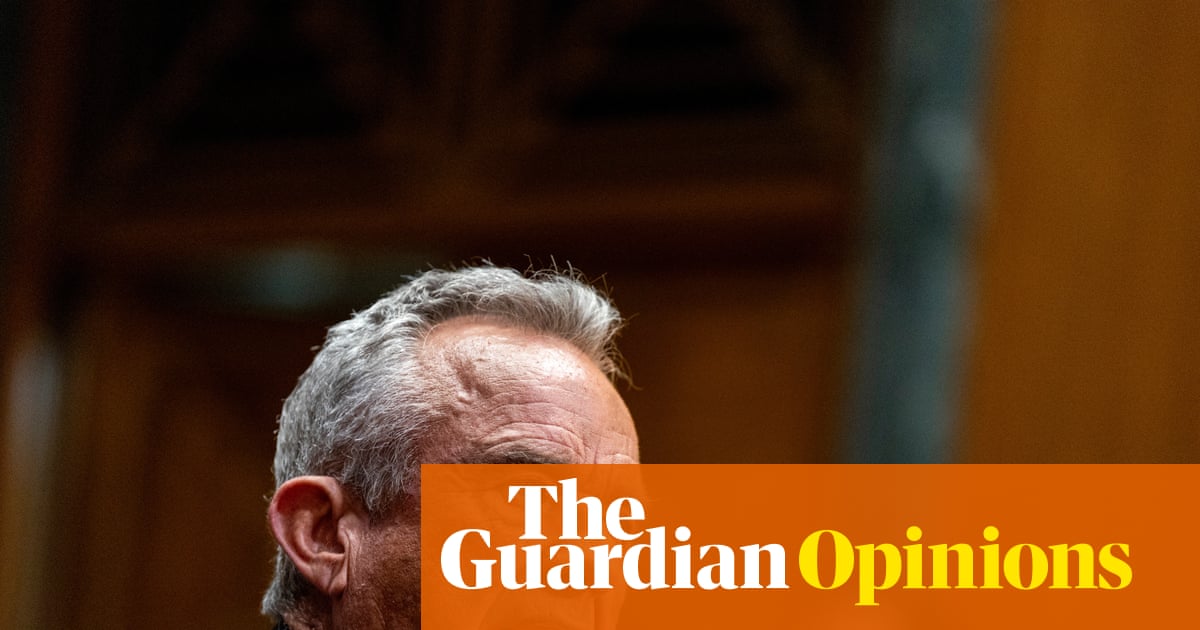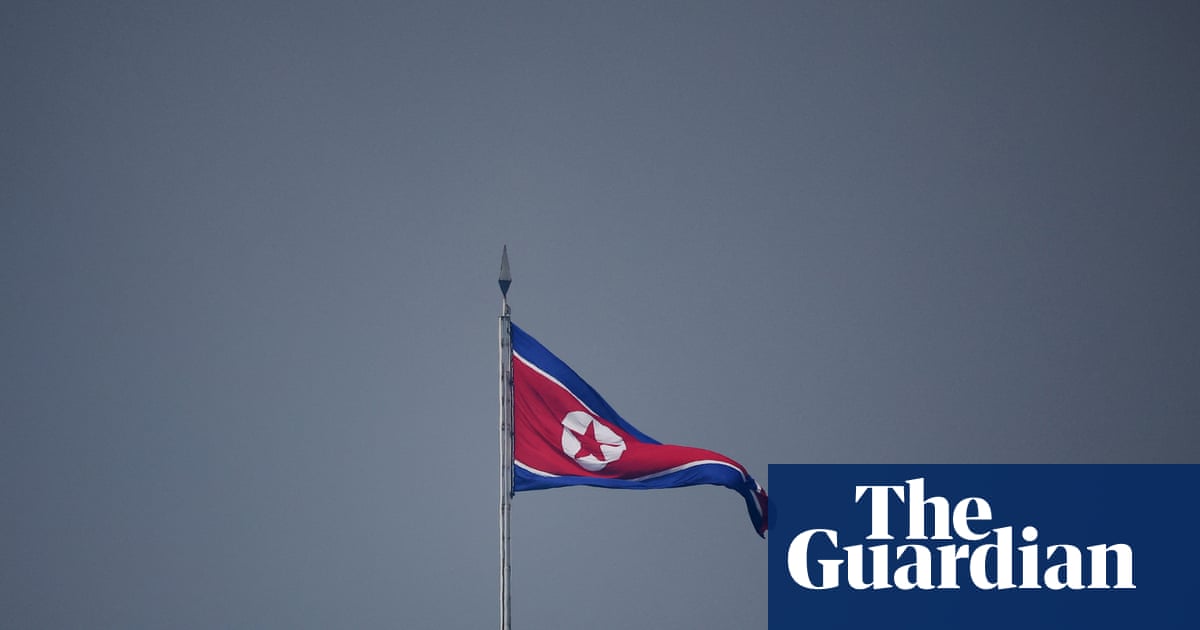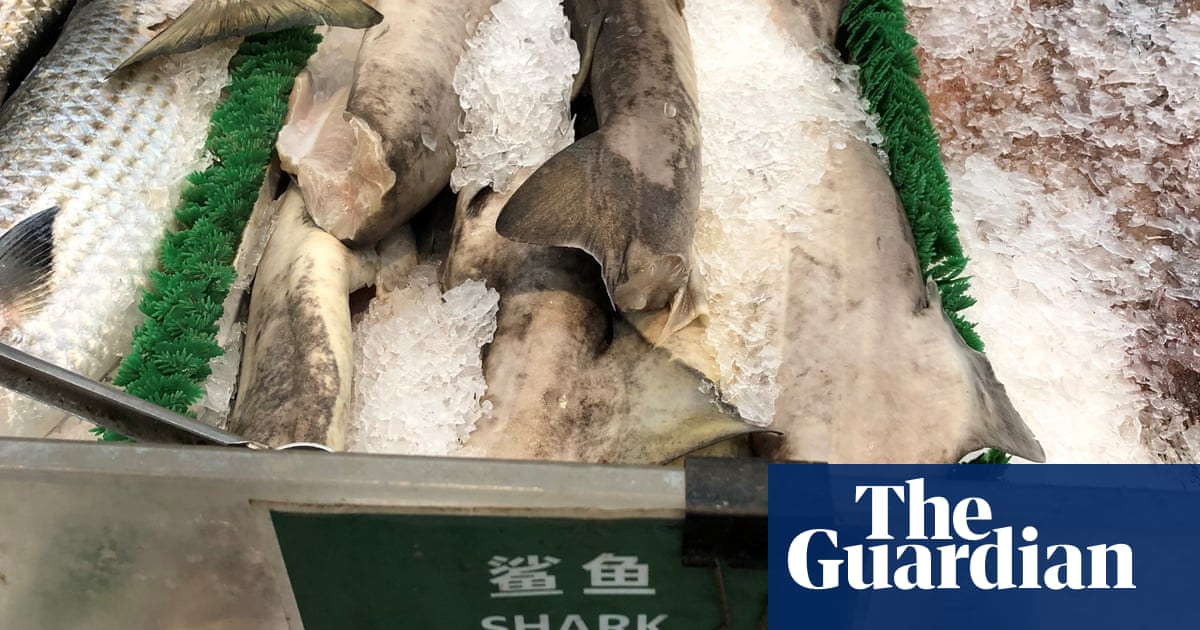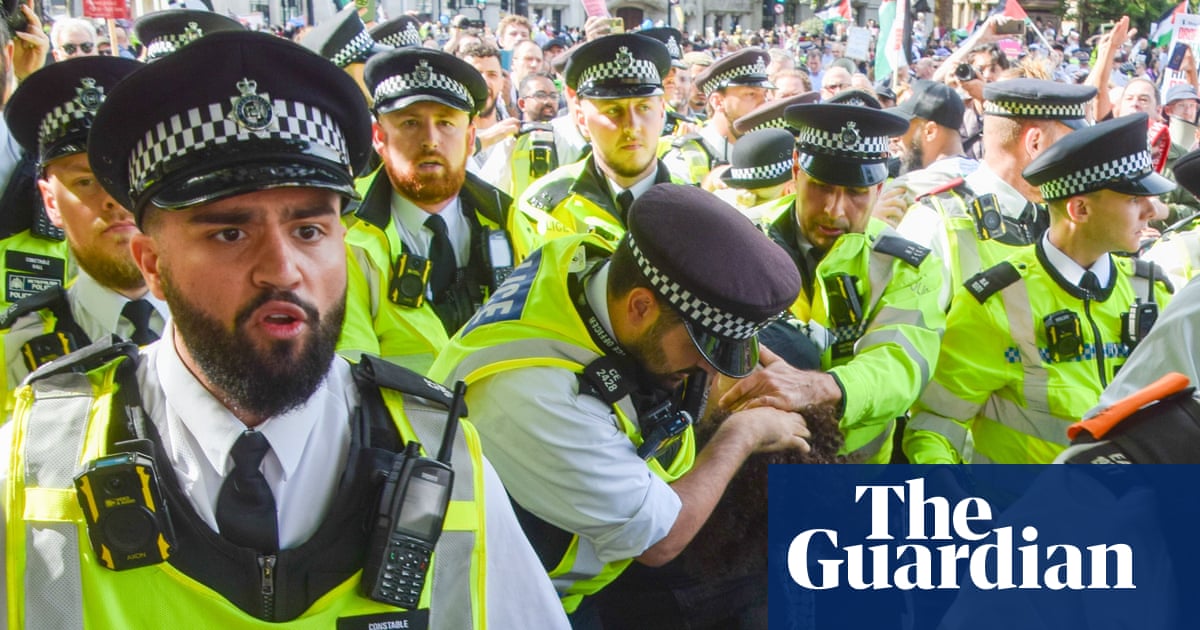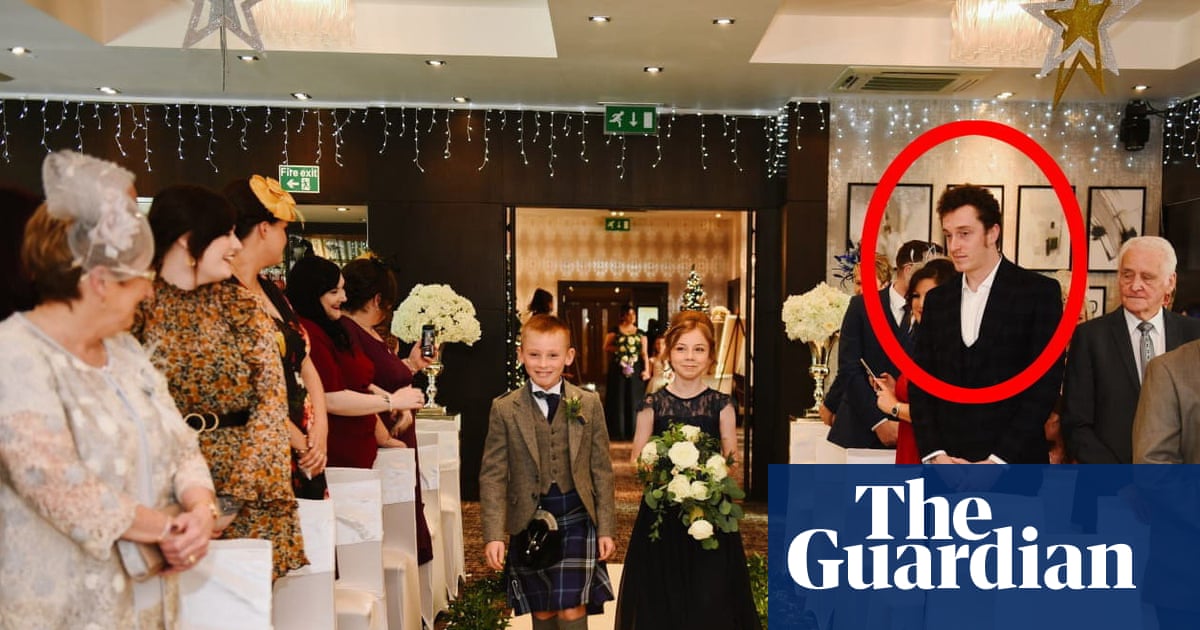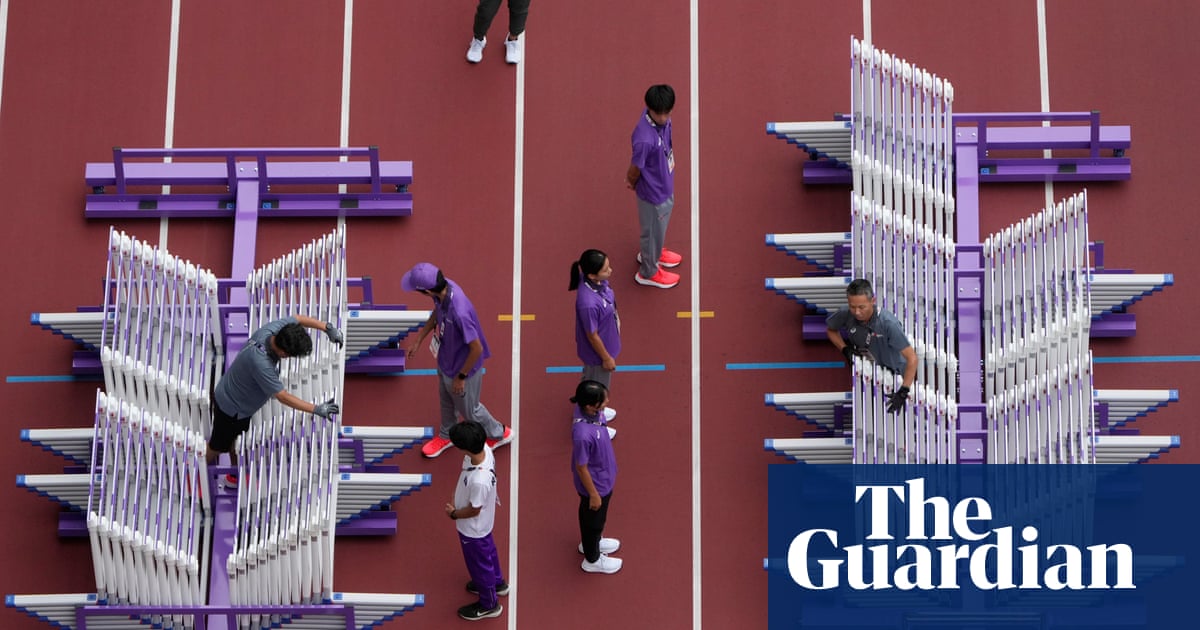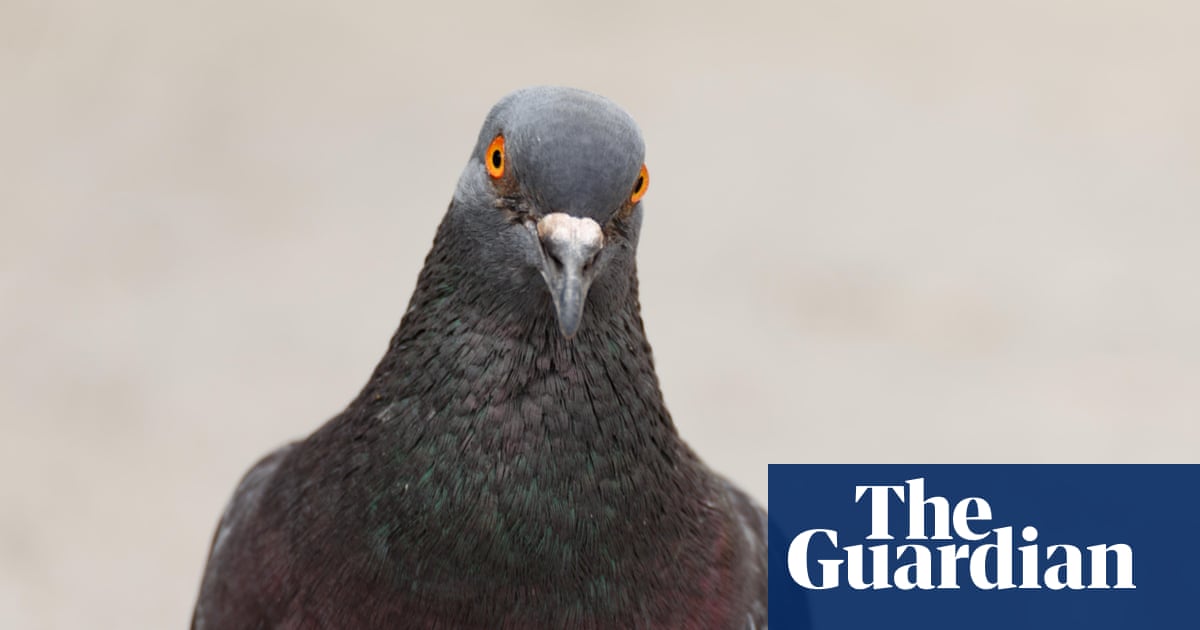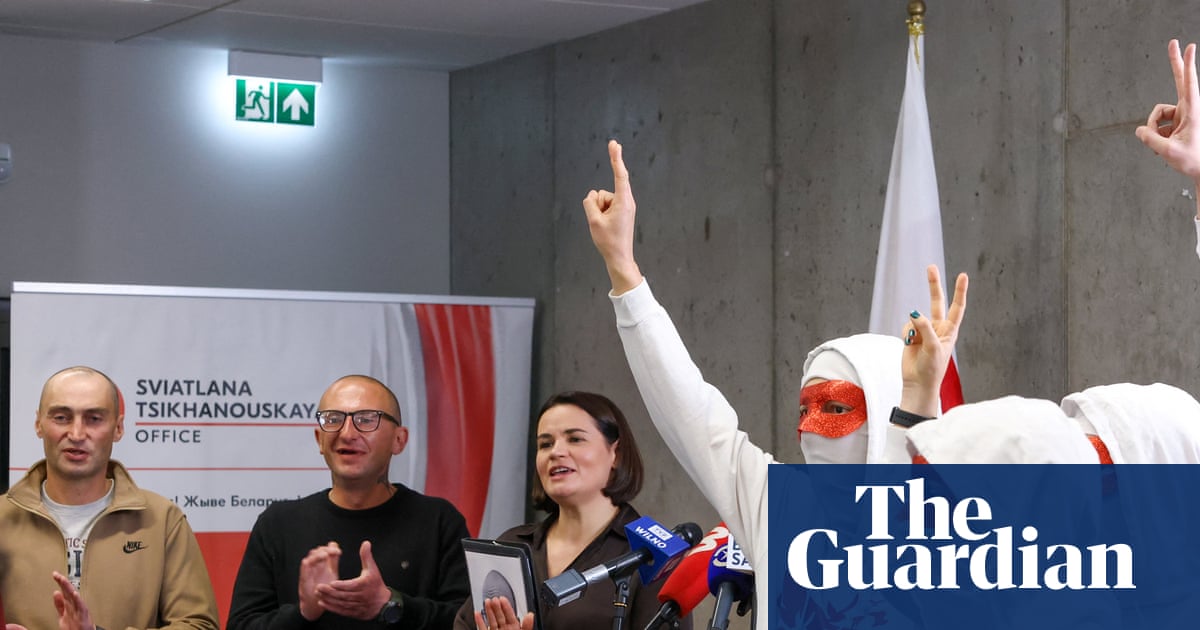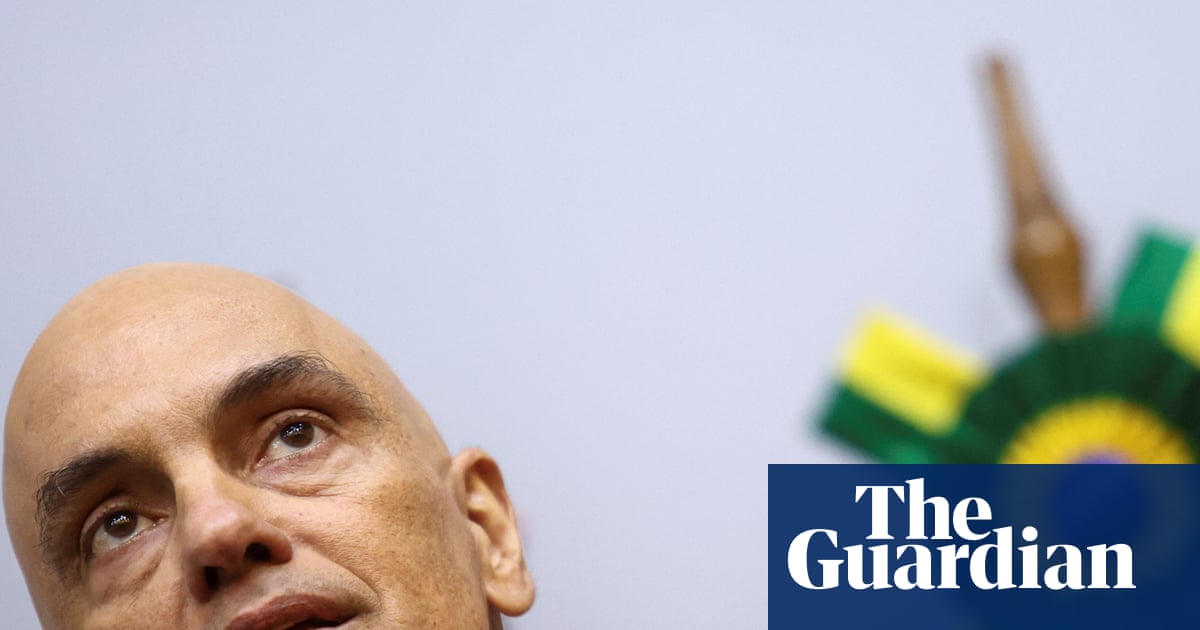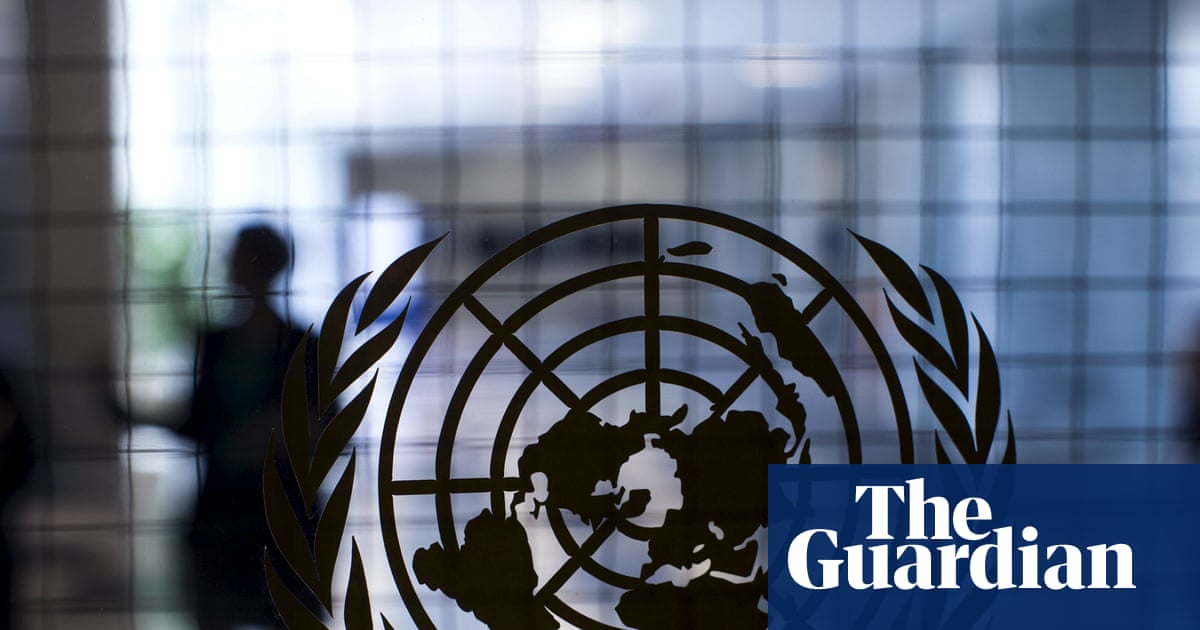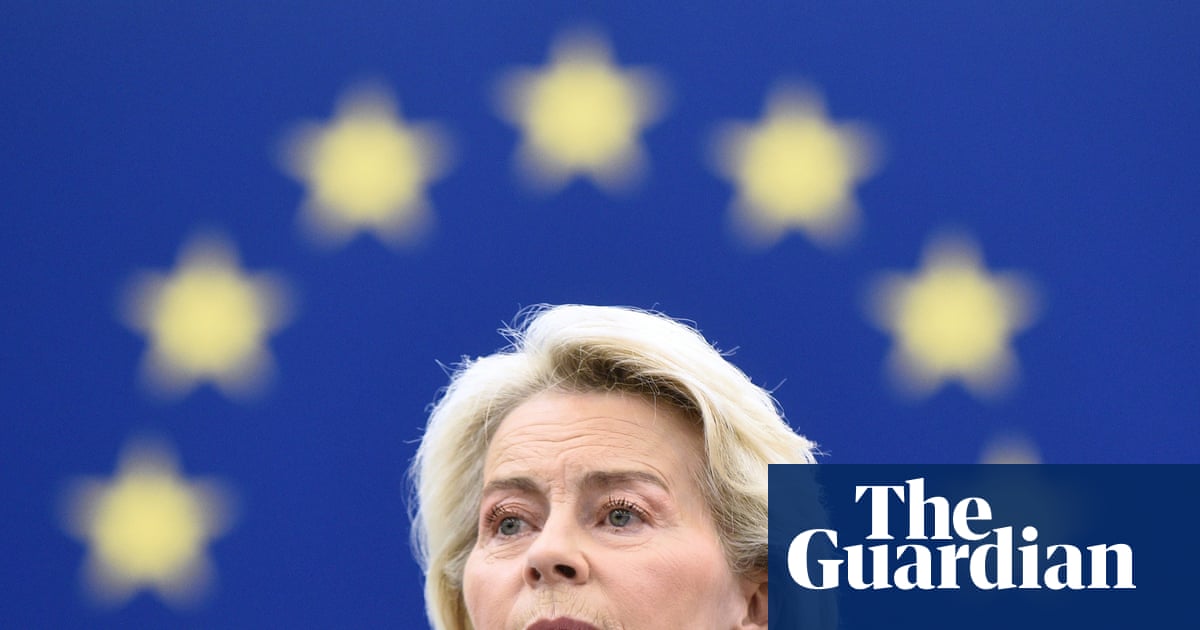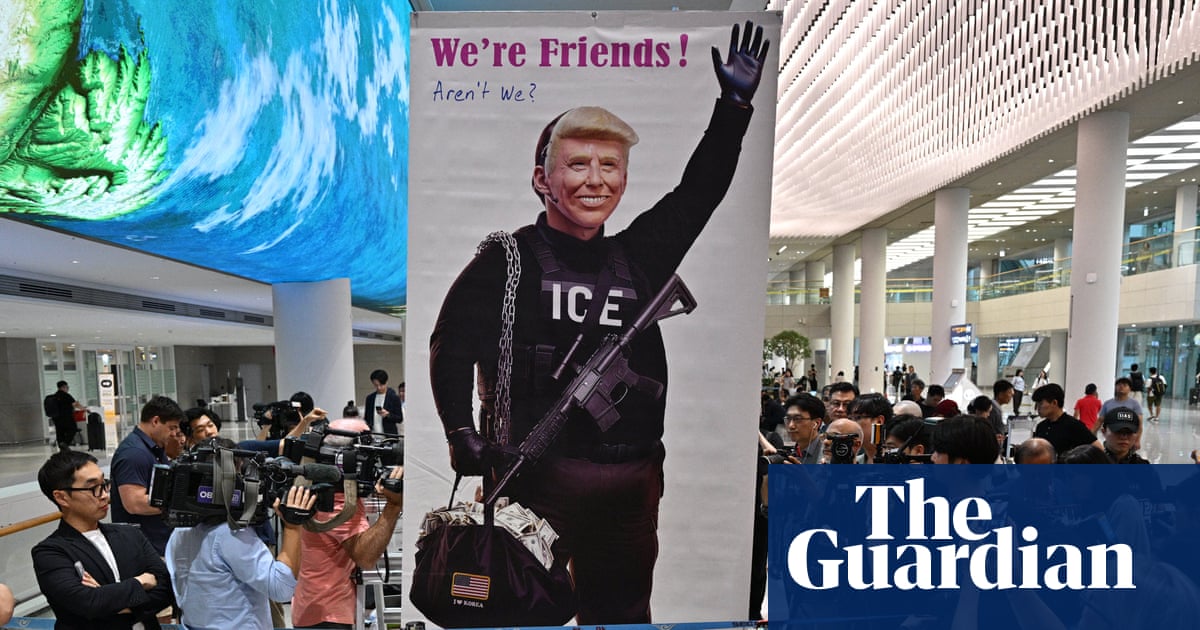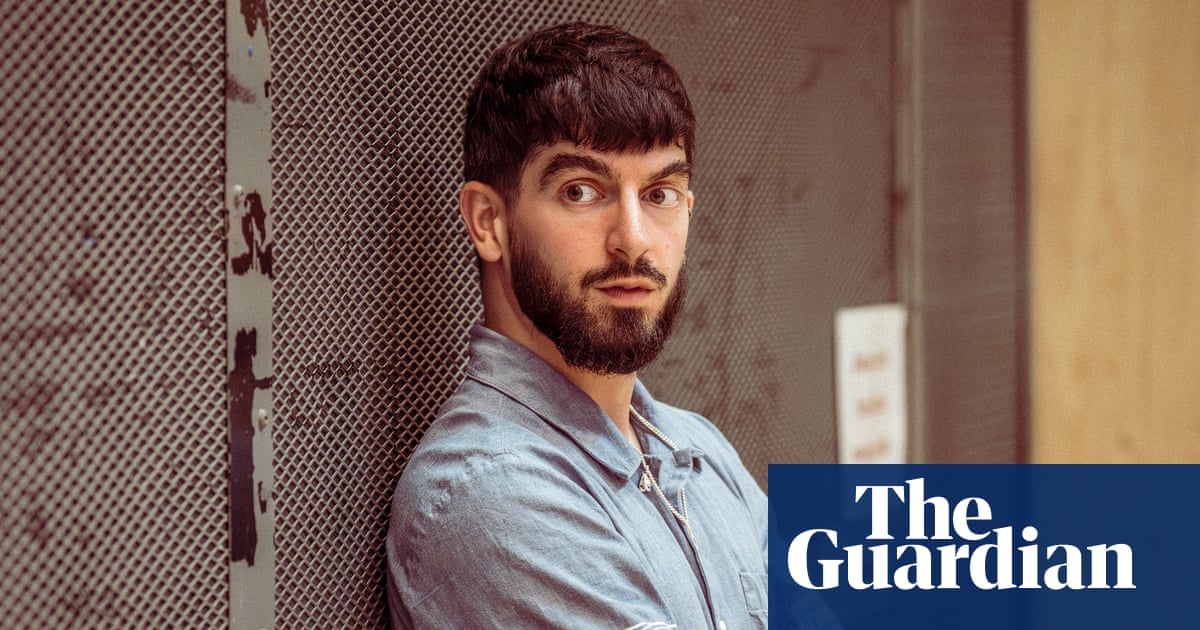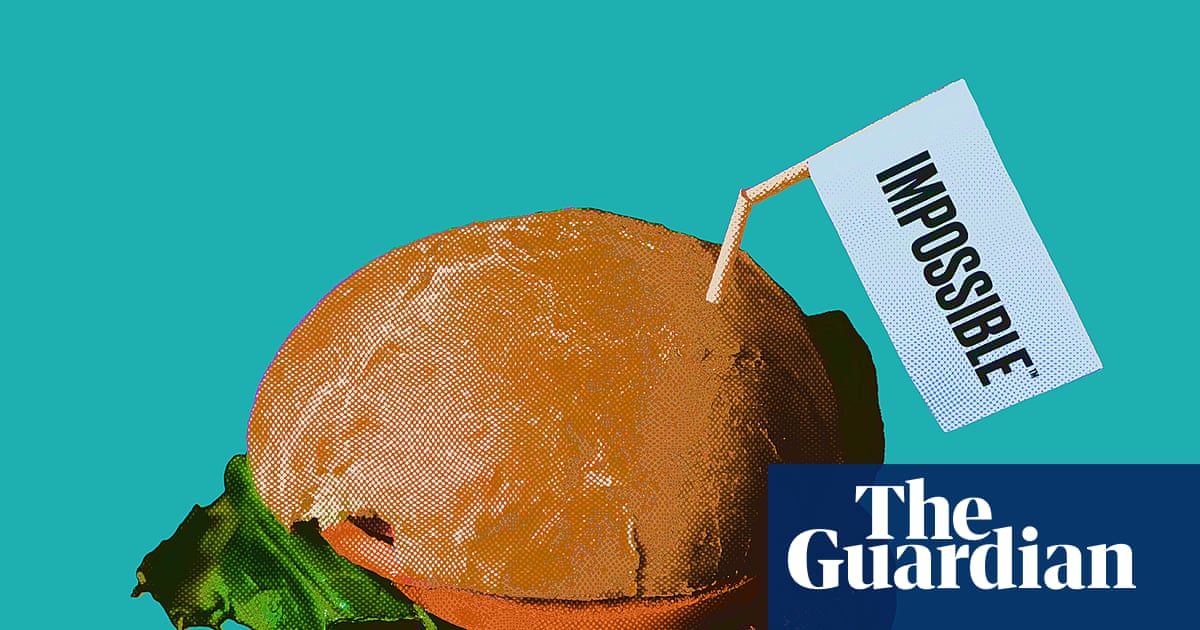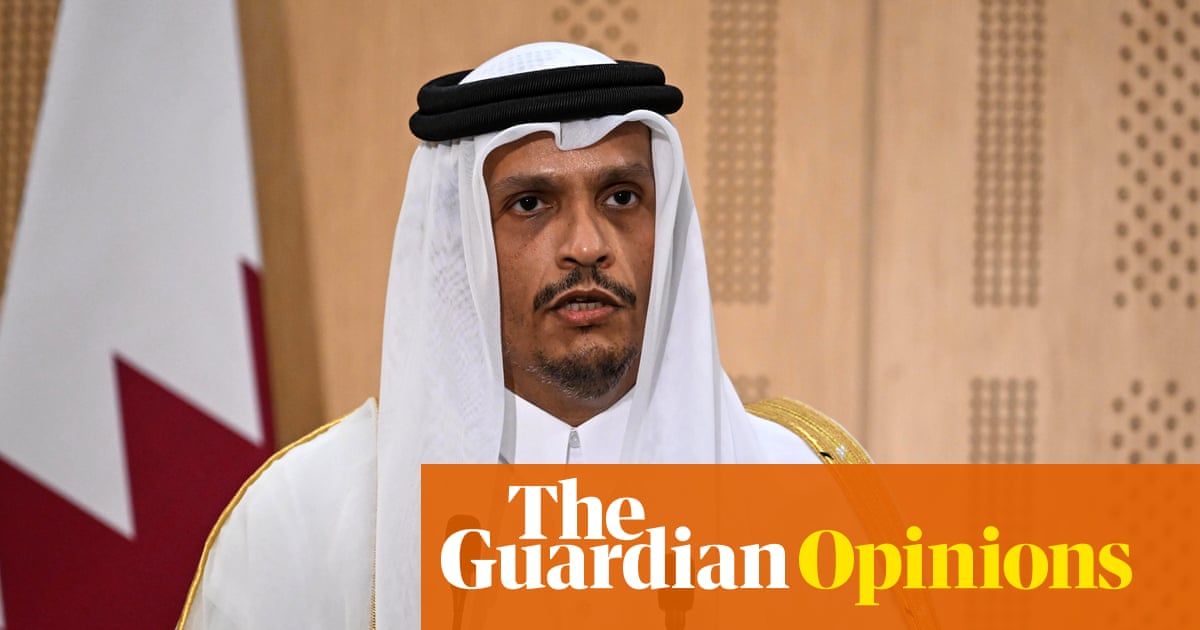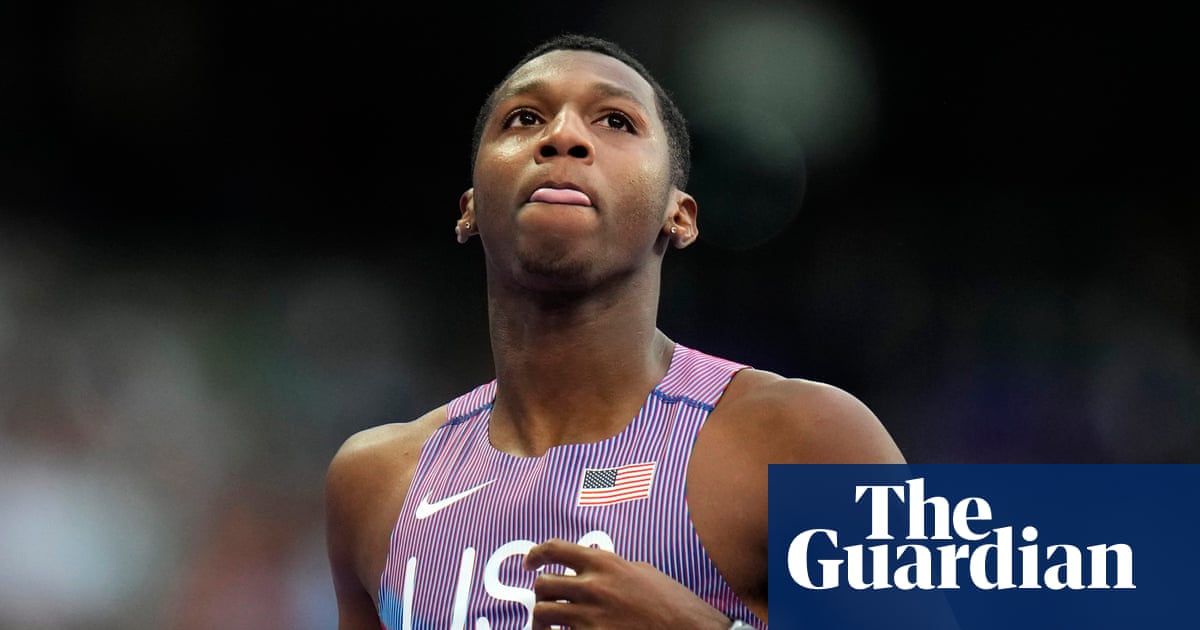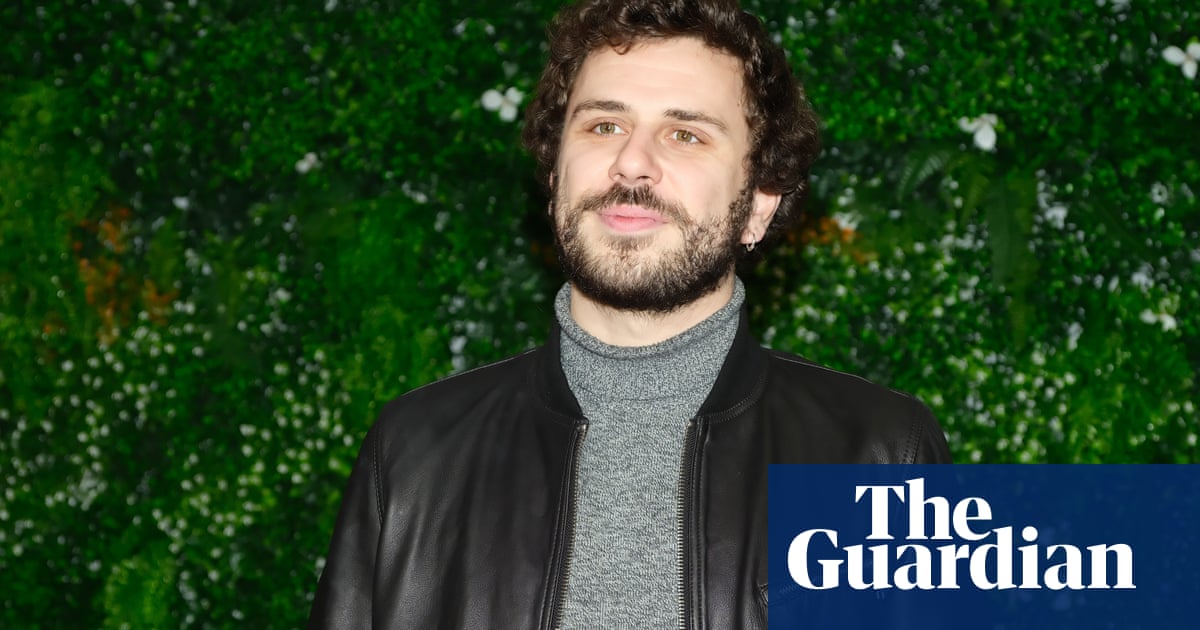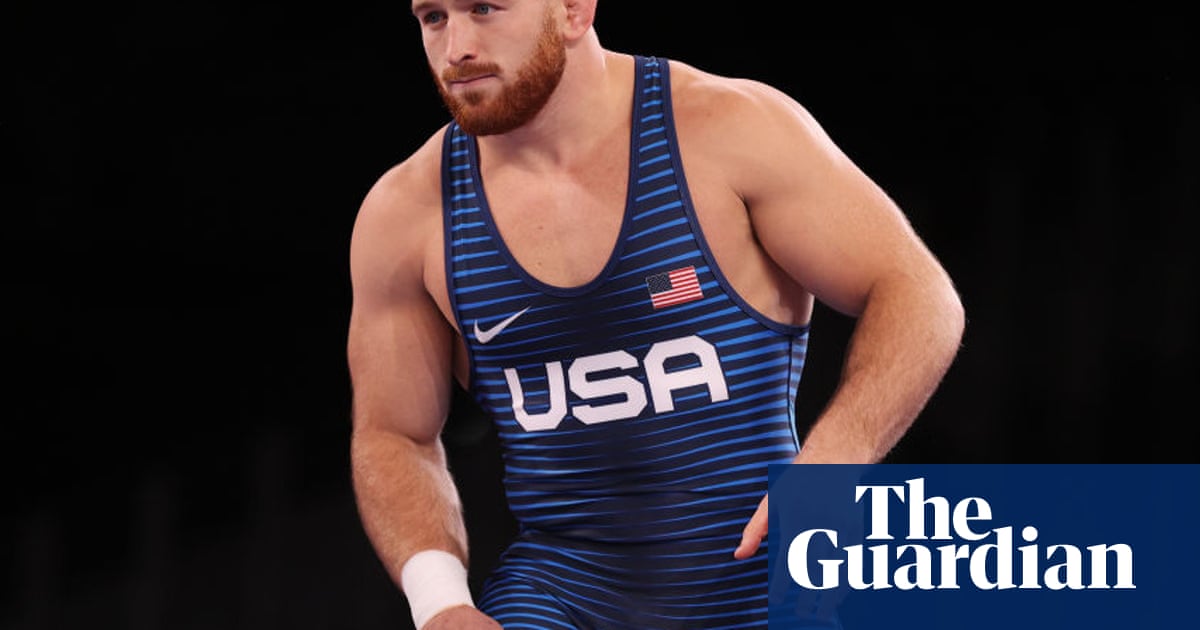Most days, Fredrick Womack and his team can be found scattered throughout Jackson, Mississippi, talking to groups of young Black men and teens – whether they’re working, which bills need to be paid at home and if any brewing conflicts are at risk of turning violent. Through these conversations with young men, who are both perpetrators and victims of much of the city’s violence, Womack hopes he can help steer them in a different direction.
Womack, 51, is the co-founder of the non-profit Operation Good, which, in addition to this work on the streets, hosts a youth summer program and trash cleanups, and helps teen boys find odd jobs, like cutting lawns, so they can earn a few dollars instead of resorting to crime for income. It also offers critical resources for the community, like buying school clothes for kids and paying utility bills for families that can’t afford them through its It Takes a Village program. “That is the main underlying factor for violence,” Womack said, “people living in impoverished situations.”
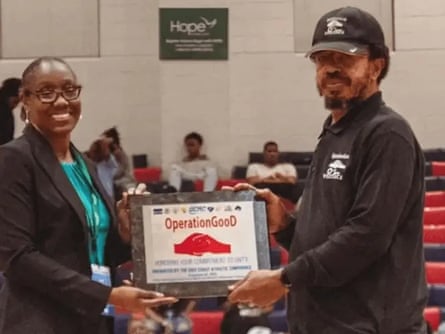
It’s critical work in a city with outsize violence and poverty. Last year, 111 people were killed in the predominantly Black city of 140,000. That year, Jackson had a homicide rate nearly double that of the rest of Mississippi, and 16 times higher than the rest of the US. At the same time, more than a quarter of its residents live below the poverty line, more than double the national average.
Womack’s work has made a difference: in the years since the pandemic – which saw nationwide surges of gun violence – the homicide rate started to tick down, a change city officials have attributed, in part, to the work of community-based groups like Operation Good, and their collaboration with the police. But now that work is in jeopardy, as Operation Good is among the many gun violence prevention programs across the US whose work will be significantly hampered – or eliminated altogether – thanks to sweeping federal cuts.
“It’s unfortunate because of the progress that’s being made,” Womack said.
In April, the Trump administration cut more than $800m in grants managed by the justice department’s office of justice programs (OJP) to organizations that prevent and respond to gun violence, sexual assault and hate crimes; support foster youth; and provide re-entry services. Many, like Operation Good, work in underserved Black and Latino communities.
Operation Good had a two-year $250,000 grant terminated, more than 20% of their annual budget. The money would have been used to support a summer program, transforming an abandoned building into a youth recreation center, offering stipends for teens and young men, and tracking the impact of the group’s work. Operation Good has so far received $90,000 of the grant money before the cancellation.
Supporting community-based violence intervention had been a priority for the Biden administration, which established the first-ever White House office of gun violence prevention and made hundreds of millions of dollars in grants available through American Rescue Plan and the Bipartisan Safer Communities Act dollars. Trump’s justice department, meanwhile, said the terminated funds will be reallocated toward law enforcement agencies and other “Department priorities”.
Earlier this month, five of the non-profits that lost funds filed a class action lawsuit to reverse the terminations.
For Operation Good, receiving the grant had been a lifeline. It allowed the organization to hire new staff and run a summer program for youth – an initiative that Womack said has been crucial during the season when violence tends to increase across the nation. “That was the best thing we had going for violence reduction,” said Womack, an army veteran who many in the community affectionately call “Paw paw”. “Kids are out of school and coming to our program was their only food source. It helped us try to prevent robbing, stealing and killing.”

Now, without the remainder of the grant, the future of Operation Good’s work is uncertain, which for Womack and his staff could mean a loss of their own livelihoods and a potential increase in the violence they’ve worked to address.
David Muhammad, executive director of the National Institute for Criminal Justice Reform, which received federal funding and sub-granted it to smaller violence prevention organizations, including Operation Good, called the news “terrible”. “It’s a perfect program for us to say, ‘Please continue to focus on the good work while we help you build up the capacity,’” he said.
Ira Henry, Operation Good’s co-founder and program supervisor, said the news of the funding cuts “broke us”. “To me, it feels like they don’t care,” he said. “Do you want to stop crime in the city of Jackson? Do you want change?”
Before Operation Good, Henry had been in and out of incarceration, with his last stint ending in 2010. When he came home, he saw young people lose their lives or face life-altering injuries over petty disputes, which led him to link up with Womack to try to stop it.
The loss of federal funds means less money for things like gas for intervention workers to get to the sites of shootings and do their nightly drives through the neighborhood, he says. Even with the budget they do have, staff often dip into their own pockets for miscellaneous expenses, like food and school supplies for program participants and community members. Henry worries that he’ll have to pick up more odd jobs to make ends meet for himself, which would take him away from the young people who’ve come to rely on him. “If we don’t do this work, we know what’s gonna happen,” he said. “We’re gonna be doing balloon releases, we’re gonna have to hear mothers and sisters cry.”
Jaylin O’quinn, one of Operation Good’s violence intervention workers, expressed the same concerns. “It’s extremely important for us to be here,” he said. “The police don’t really do shit and the people don’t trust them. They would rather call us than the police. So if we stop, it’s gonna get so bad.”
Before he was a violence intervention worker, the 22-year-old was one of the young people at risk of being on either side of a gunfight. He says he can’t remember a time in his life when he wasn’t around shootings, and got his first illegal gun when he was just nine. After his best friend was shot and killed in front of him two years ago, O’quinn wanted to get retribution, he said
Shortly after his best friend’s death, O’quinn remembers his friend appearing in one of his dreams and telling him that he didn’t want O’quinn to meet the same fate. This experience combined with support from Womack and Henry – who he knew because his father participated in community cleanups during the early days of Operation Good – led him away from revenge and toward a career that allowed him to help teen boys like himself who are headed down dangerous paths.
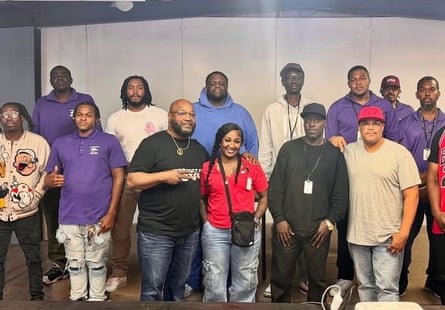
“I see my younger self in a lot of them,” O’quinn said. “All of them have a great amount of potential, but they don’t know how to direct their thought patterns. It’s exactly how I was. So I try to mold them to be better than what I was and show them that there’s a better way.”
Operation Good’s organizational growth in recent years came as Jackson, as well as the rest of the nation, was experiencing an unprecedented uptick in homicides, particularly shooting deaths. In Hinds county where Jackson is located, the homicide rate jumped from 31.5 per 10,000 people in 2019 to 52.2 in 2020, and continued to climb to 62 in 2021.
In 2022, after the protest movement for racial justice that followed the murder of George Floyd, Jackson’s mayor’s office established the state’s first and only office of gun violence prevention and trauma. It also began building infrastructure to address the violence through partnerships with hospitals and schools, while focusing on the root causes of violence, like access to illegal guns, poverty and unaddressed trauma.
“We tried to build an ecosystem,” said Keisha Coleman, a longtime violence prevention and community leader in Jackson, and former executive director of the city’s office of violence prevention. “It was about shielding and protecting the youth, because those were the ones most at risk of violence.”
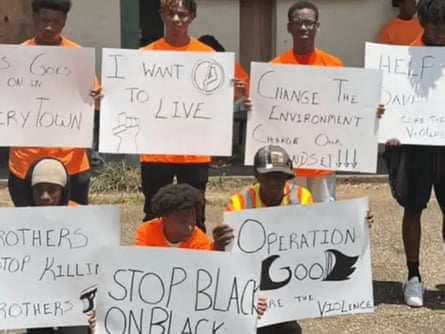
While Jackson’s office of violence prevention did not receive federal funding, they did get support and training from organizations that did, like NICJR, to build the office up, expand their programming and help secure sustained funding for groups like Operation Good. Coleman cited the Biden administration’s support of gun violence prevention in underserved Black and brown neighborhoods as the reason this work was possible. “It was great because Mississippi probably wouldn’t have had those opportunities under any other circumstances,” she said. “It was for resources on the ground in our communities to respond in real time because we know that the state wasn’t going to give it to us. The money was used in our communities fighting for the lives of Black and brown people.”
Now, that work is being “stunted”, she said.
Womack said that without federal funding, the staff he built up will likely be reduced to a “skeleton crew” by September, and some of their programming may also slow.
“This hit us hardest because we’re at the bottom of the pole,” Womack said. “We’re frontline workers and are probably going to suffer the most from these cuts.”
One of Womack’s staffers, Cleveland Colbert, survived being shot 11 times, and began working with the organization in 2020, as homicides were increasing in the city and around the nation. He takes youth on trips to the local agricultural and civil rights museums to give them experiences outside their neighborhood, runs group sessions and attends court with teens facing criminal charges. He also works Operation Good’s night shift from 8pm to 4am, keeping an eye out for young people walking the streets or hanging out outside of stores so that he can tell them to go back home instead of loitering. This work has helped Colbert understand the reasons behind the robberies and drug dealing that people resort to, so that he and Operation Good’s staff can step in.
“There’s a lot of stuff these kids have in their minds and situations in their homes that we don’t know until they open up,” he said. “When we ask them why they do these things, it’s usually because they’re hungry or don’t have money.”
Colbert says that no matter what happens after the funding cuts, he’s still committed to his work. “I don’t think we’re gonna turn our back to the community or city,” he said. “We did this way before we started getting funding.”

 3 months ago
44
3 months ago
44
